"I'm really excited for my start at Rimol," Brian Hannon, new Southeast Regional Sales Representative of Rimol Greenhouse Systems says. "A lot of things are changing in the greenhouse industry and agriculture in general. There's increasing discussion about where our food is coming from, what's in our food, and what's going into our bodies." He has a background in working with small growers and with an eye on larger projects, he wants to advance greenhouse technology while maintaining a practical, grower oriented approach.
Rimol Greenhouse Systems, a family-owned company based in New Hampshire, has been in the industry for over 30 years. "Bob and Karen started the company together, and now their daughter Meghan is helping run it. We've built our reputation on trust and quality," he explains. "We're not the cheapest greenhouses on the market, but our structures are high-end and built to last. I recently visited a farm that had Rimol greenhouses still standing strong after 25 years, despite dealing with snow and wind."
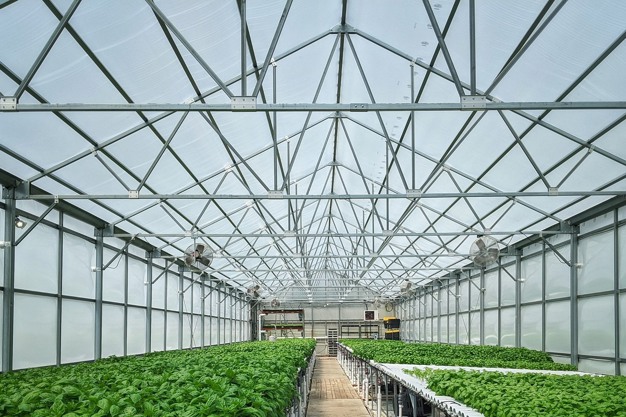
A new phase in the industry
Brian believes the industry is entering a new phase, moving past the heavily tech-driven approach that characterized the past decade. "We've seen a lot of money poured into vertical farming projects for example, but ultimately, many of those businesses have shut down," he notes. "There are still viable applications for vertical farming, like microgreens, but for large-scale production, we need to look at more sustainable, practical solutions."
For Brian, the answer lies in drawing lessons from established greenhouse regions like the Netherlands and Leamington, Ontario. "There's no need to reinvent the wheel. We should be looking at what they've done successfully and adapting those methods for our climate and conditions. In the Southeast, we have the perfect climate and skilled farmers who have been doing this for generations. The goal is to move more production indoors and localize food systems."
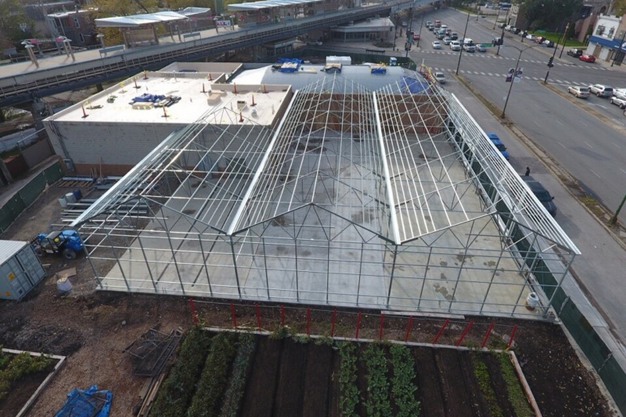
Making greenhouse technology accessible
While automation and advanced environmental controls are important in modern greenhouse systems, Brian emphasizes that practical, scalable solutions must remain the priority. "We need solutions that are affordable and accessible to regular growers," he says. "In the last decade, we saw a surge of tech money coming into agriculture, often from people without agricultural backgrounds. What we need now are projects led by people who understand farming, and they need to be scaled responsibly."
One of the key distinctions he highlights is the cultural divide between the tech sector and traditional agriculture. "It's interesting—if you walk into a vertical farm, no one identifies as a farmer. They call themselves plant scientists. But if you walk into a greenhouse, you're working with growers. The reality is, they're all doing the same thing, but the mindset is different."
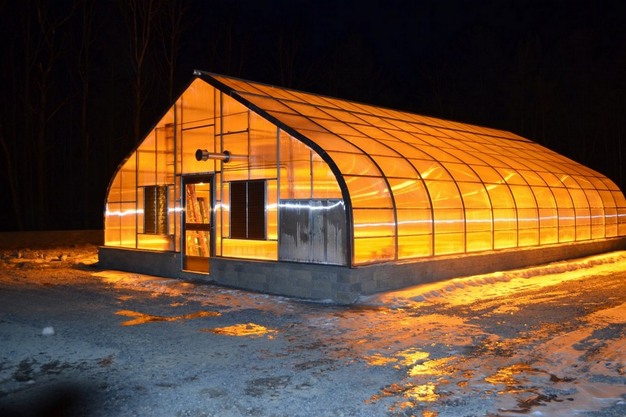
Trust and transparency in the industry
Brian is also concerned about the trust deficit in agriculture, particularly as consumers grow more conscious of food production. "There's a lot of misinformation about food and health. The only way to bridge that gap is through transparency and trust," he says. "I've seen companies in vertical farming fail because they weren't upfront with their employees about their financial situations. That's not how we operate in agriculture. Farmers and plant scientists are some of the smartest, most hardworking people I've met, and they deserve honesty."
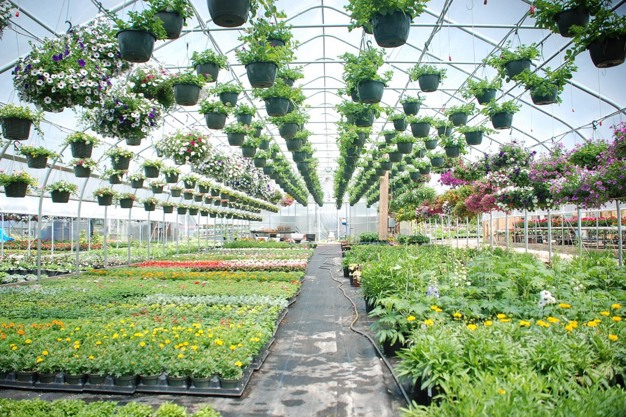
Rimol's focus on quality and longevity
Rimol Greenhouse Systems specializes in high tunnels and larger polycarbonate and glass structures. "Our Matterhorn series is designed for larger projects with automation," Brian explains. "Most of our business started in the Northeast, but we're expanding rapidly into the Southeast and the West. That's why they brought me on."
One of Rimol's standout features is its domestic sourcing. "All of our steel is sourced in the U.S. There are a few components, like motors, that we have to source elsewhere, but the backbone of our structures comes from American steel. That's a big deal for quality and longevity."
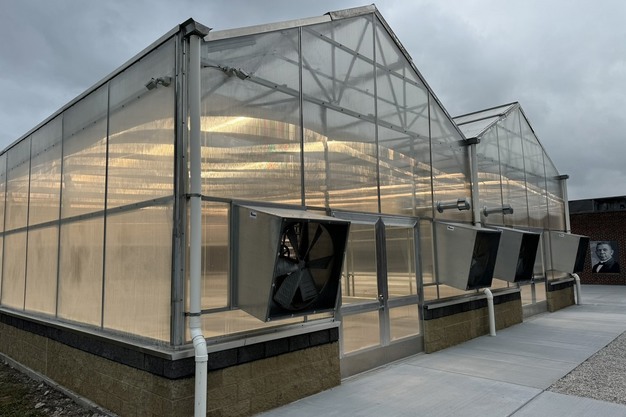
Greenhouse farming in the U.S.
Brian is optimistic about a future where the U.S. adopts the best practices from global leaders in greenhouse farming. "I want to see more food production happening locally in the South rather than being shipped several states over. There have been successful CEA companies, but we need to focus on hyper-local production."
For him, the next phase of the industry is about returning to practical, grower-led solutions. "We don't need flashy tech-driven ideas that don't work in the long run. We need systems that empower growers, enhance local food security, and are built to last. Rimol wants to be a part of that future."
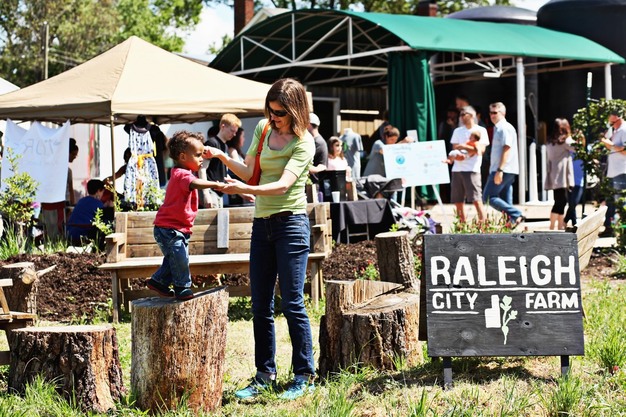
Urban agriculture initiatives
In addition to his work at Rimol, Brian is a board member of Raleigh City Farm, an urban farm dedicated to strengthening the local food system. "Raleigh City Farm is something we're really proud of," he shares. "It's less than an acre in size, but last year we produced almost 13,000 pounds of food. That food goes directly to people—we donate to organizations, and we also allow community members to take what they need."
The farm operates with the help of volunteers and promotes the philosophy of "dig where you live." Brian believes this mindset should extend beyond Raleigh. "Taking care of your neighbors and community is essential. In a world that often feels chaotic, working with Raleigh City Farm helps ground me. It's a way to make a real, local impact."
"We're working with the city to integrate farms into the park system," he says. "This could be a template for other cities to incorporate urban agriculture into existing green spaces, providing healthier food options while making cities greener and more livable."
For more information:
Rimol Greenhouse Systems
Brian Hannon, Southeast Regional Sales Representative
bhannon@rimol.com
rimol.com
Raleigh City Farm![]()
raleighcityfarm.org
